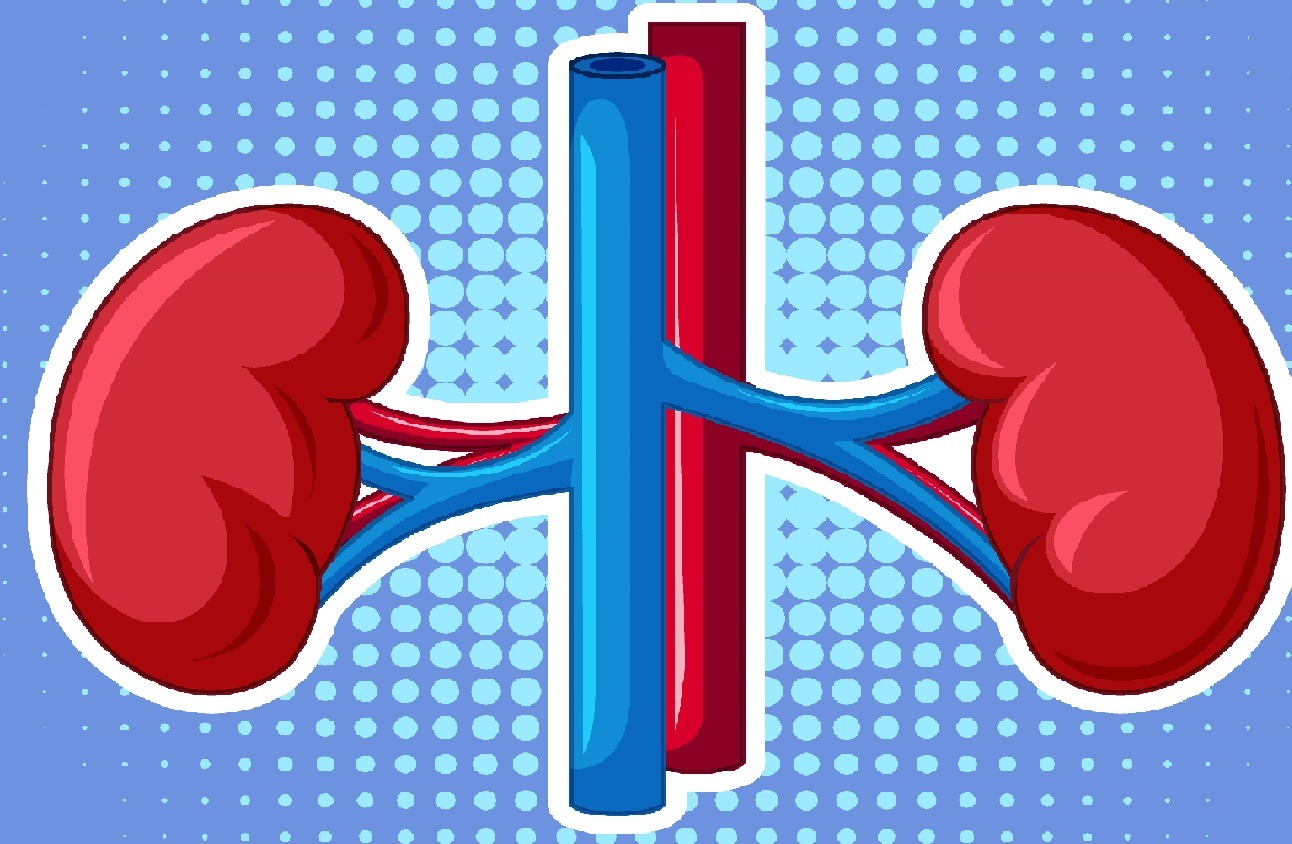One of the top urologists in Delhi NCR from Madhuban Kidney Care Hospital in Delhi tells about different kidney problems, defects and diseases in patients from different age groups in the brief below.
- Chronic kidney disease is the most common form of renal disorder, one of the major reason for kidney problems is uncontrolled high blood pressure. Kidneys are constantly filtering and cleaning the body of toxins.
- High BP can put pressure on the organ and functional units of your kidney, in time the filtering process worsens, and kidneys fail. When that happens, the body requires dialysis filters fluid and wastes out of your blood, but it isn’t a long-term solution. Eventually, a kidney transplant is required, but it depends on the case.
- Diabetes also causes kidney diseases, uncontrolled blood sugar damages the functional units of the kidney, which can lead to Kidney failure.
- Cacchi-Ricci disease, also known as medullary sponge kidney, is a congenital abnormality wherein the tubules, or little tubes, inside a fetus’s kidneys, alter. When a kidney is developing normally during a foetus’ growth, urine passes through these tubules. Medullary sponge kidney is characterised by the formation of microscopic cysts, which are fluid-filled sacs, in the tubules of the medulla, the kidney’s interior, giving the kidney a sponge-like appearance. The cysts prevent urine from passing through the tubules easily. Medullary sponge kidney symptoms typically don’t show up until late adolescence or early adulthood. One or both kidneys may be impacted by medullary sponge kidney.
- A urinary tract infection (UTI) called pyelonephritis typically starts in the bladder and spreads upstream to one or both kidneys. Rarely, kidney infections can cause major health issues, but most consequences can be avoided with prompt treatment.
- Kidney stones are a very commonplace problem among people. Minerals and other substances in the blood may crystallize in the kidneys, which form solid particles, or commonly called as stones, they usually pass out of your body in urine, and it can be extremely painful.
- Berger’s disease, also known as IgA nephropathy, is a kidney condition that develops when IgA deposits accumulate in the kidneys and cause inflammation that harms the renal tissues. IgA is an antibody, a protein produced by the immune system to defend the body against pathogens including viruses and bacteria. A nephrologist, a physician who focuses on treating patients with kidney disease, provides care to the majority of persons with IgA nephropathy.
- Glomerulonephritis is an inflammation of the glomeruli, these are microscopic structures inside the kidneys, which perform the filtration of blood. It can be caused by infections, drugs, congenital abnormalities, and autoimmune disorders. This condition may get better on its own or require immunosuppressive medications.
- Simple kidney cysts are sacs filled with fluid that can develop in either one or both of your kidneys. You can have a single cyst or several cysts. Simple kidney cysts are typically shaped like circles or ovals. They might be as small as a pea or as large as a golf ball.
- Simple kidney cysts are typically not dangerous. Simple kidney cysts don’t cause diminished kidney function, enlarge the kidneys, or alter their normal structure like polycystic kidney disease cysts do (PKD). A hereditary condition called PKD can lead to chronic kidney disease.
- Polycystic kidney disease is a genetic disorder that causes many cysts, round sacs of fluid, to grow inside and on the surfaces of your kidneys, interfering with kidney function proving detrimental to the kidney and overall health of a person.
- Kidney or renal dysplasia: when one or both of a fetus’s kidneys do not grow normally while in the pregnancy, it is known as renal dysplasia. Two skinny muscle tubes known as the ureters develop into the kidneys during normal development and branch out to form a network of microscopic structures known as tubules. As the foetus develops in the womb, the tubules gather urine. Tubules fail to fully branch out in dysplasia. There is nowhere for urine to travel that would typically pass through the tubules. Cysts are fluid-filled sacs that develop inside the damaged kidney as a result of urine buildup. The kidney cannot function because the cysts have taken the place of healthy renal tissue. One kidney or both kidneys may be impacted by renal dysplasia. Most babies with severe renal dysplasia that affects both kidneys die before delivery.
- UTIs are bacterial infections of any of the renal system. Infections in the bladder and urethra are most common among people, and easily treatable. They normally do not have any long-term impact. However, if left untreated, these infections can spread to the kidneys and lead to kidney failure. At Madhuban Kidney Care hospital our clinicians have years of experience in treating people with renal failures and related diseases.
Kidneys are one of the very sensitive organs that with age require extra care in terms of eating habits, exercise and lifestyles. With the top kidney doctors in Delhi from Madhuban Kidney Care Hospital, get a consultation about your kidney health to live a healthy life.


